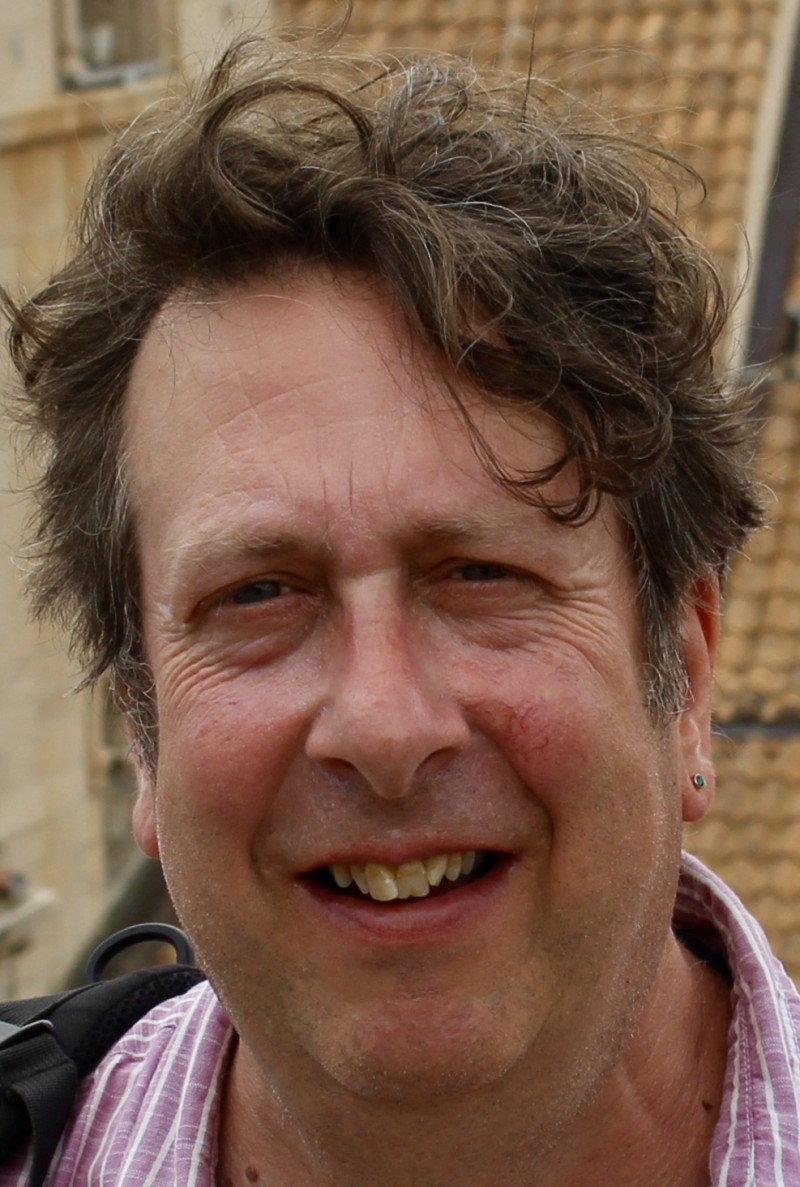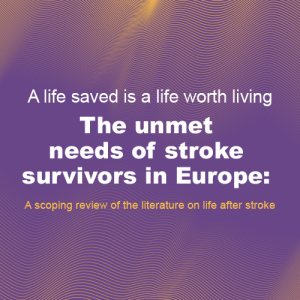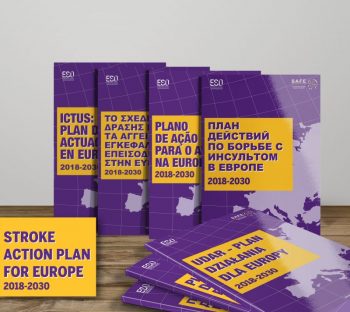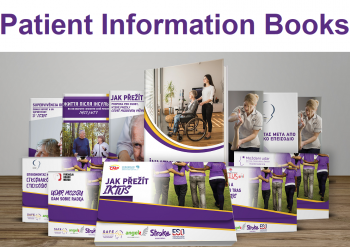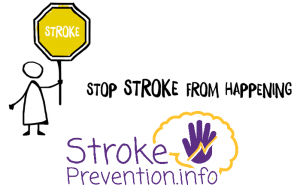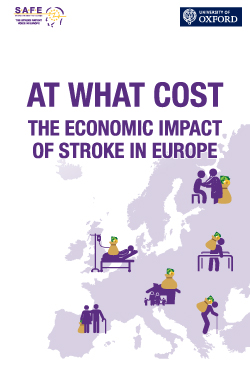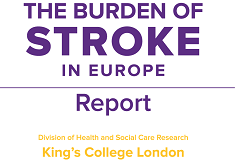Having worked for the Stroke Association in the UK for ten years, I had a pretty good understanding of the differences in stroke care across Europe. But it wasn’t until I starting editing SAFE’s Burden of Stroke report earlier this year, that the stark inequalities became clear.
It is outrageous to me that your chance of dying from a stroke varies so much, simply due to where you live. As well as causing heartache to tens of thousands of people, not providing good stroke care is a heavy burden on society as a whole. And what good is expensive research into the best stroke prevention, treatment and support, if the findings are not implemented?
My campaigning hackles were raised!
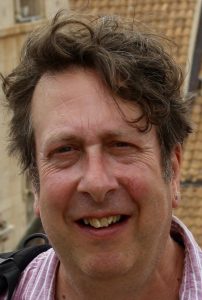
Joe Korner, Content Writer for SSOFT; Photo: Private archive
In the UK, charities have a long history of campaigning and lobbying. For me, having spent most of my working life working for them, it’s easy to take for granted how sophisticated many charities are at influencing things. At the Stroke Association, we showed that active, informed and campaigning organisations can make a huge difference. But I am very aware that many stroke organisations across Europe are working in a much tougher environment than I was. How could I help?
So I seized the opportunity to provide the content for SAFE’s new training tool. What better way to push for improvement in stroke care all across Europe than to share my decades of campaigning experience with those who are facing the biggest challenges in improving stroke care?
Our organisations do many different things to support stroke survivors and their families. One thing we all have in common is that we speak out on their behalf. Our role in pushing for better care is vital.
If we want to push for better care we need to become more expert at influencing and changing things. That doesn’t mean we will all be able to meet Health Ministers with the click of our fingers. But, step-by-step we can increase our capacity, build our forces and exert more pressure, until meeting the Minister is a realistic prospect. That’s what this training tool is all about.
And just as important as meeting the Minister is making more local changes. I hope the training tool will arm stroke organisations with the insight and methods to make small changes happen, building confidence in their ability to influence and ultimately to empower everyone concerned with stroke.
I’m looking forward to meeting representatives from stroke support organisations at the SAFE conference in Zagreb. I am keen to learn from you about the challenges you face and the successes you’ve had. In that way we can make sure this training tool helps you to achieve more to end the terrible inequality in stroke care across Europe.

